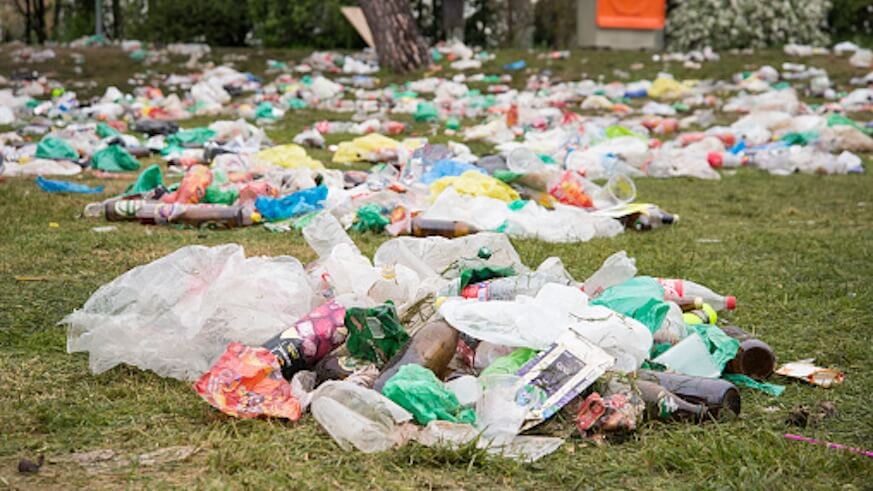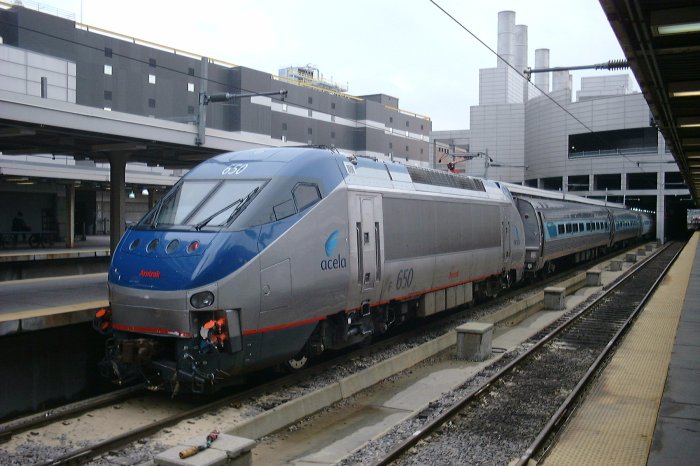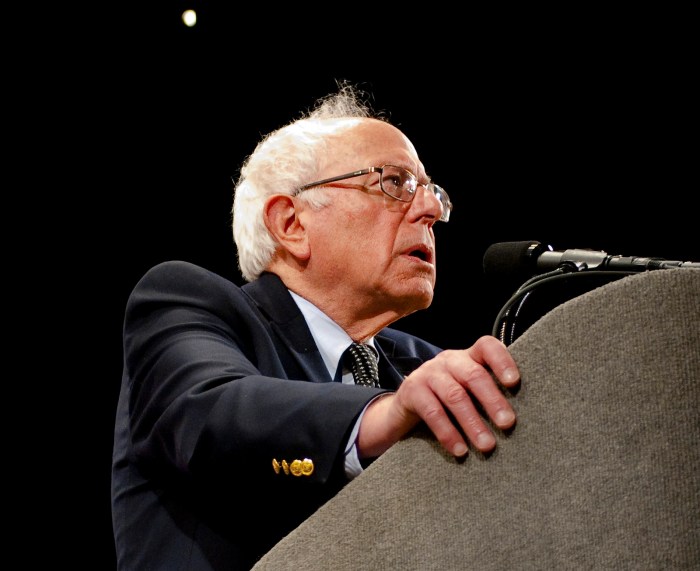Could plastic bags at retail stores go the way of CFCs in hairspray, DDTs in pesticides and gas-guzzling Hummers?
That’s the hope of some lawmakers in the Bay State, who are considering prohibiting most retailers from offering customers the thin plastic bags, citing the myriad environmental hazards associated with them. Most recently, Boston City councilors voted to support a proposal by Council President Michelle Wu and Councilor Matt O’Malley to kick-start a 90-day study to look at ways the city could reduce plastic bag use, including proposing new laws. “What the city will look like, what the planet will look like 10, 30, 100 years from now, it’s unavoidable that we should be taking strong action on environmental issues,” Council President Michelle Wu said, accordingto the Boston Herald. “This particular issue of single-use plastic bags has come up again and again. … I hope putting together a working group will really accelerate the conversation.” Should Boston adopt a ban sometime down the road, they wouldn’t be without company: there are already 35 cities and towns —representing about 13 percent of the state’s population — with bans on the bags, according to a report from the Sierra Club. In fact, the Bay State is second only to California in terms of the numbers of local governments with similar regulations. There was even a bill to ban the bags statewide that passed the state Senate this year, but failed to reach a vote in the House. Gov. Charlie Baker and some retailers groups signaled they were opposed to the idea, with Retailers Association of Massachusetts President Jon Hurst calling it a “nanny-state type of proposal” to the Herald. But, advocates say, careless overuse of the cheap bags can cause considerable harm, harming or even killing wildlife, clogging storm drains and other municipal systems and complicating efforts to fight litter. The bags are also made from nonrenewable fossil fuels, with millions of barrels of oil used to make an estimated 100 billion plastic bags in the U.S. each year. Worse yet, the bags are not biodegradable, meaning they won’t break down for hundreds of years. Nationwide, only about 5.2 percent of them are ever recycled, according to EPA figures. Representatives from the Cambridge Department of Public Works didn’t immediately respond to a request for comment, but a report published on the department’s website details what they described as “significant” effects since the law went into effect on March 31. Nearly 1,000 businesses in the city dropped the use of plastic bags on that day . The Cambridge law not only banned the thin plastic bags, but required businesses to charge at least 10 cents apiece for other single-use bags, such as those made from paper. The department said it surveyed “several large Cambridge businesses” and said they “found a sizeable reduction in the consumption of single-use bags.” “We saw a reduction in single-use bags of 50 percent to 80 percent across this group,” Meera Singh, of the city’s Recycling Advisory Committee, said in a statement.
Cambridge’s rules also included a provision that provided 8,000 reusable bags to low-income and senior residents throughout the city to help make the transition.
Beyond Cambridge, other local Boston-area municipalities have also passed bans, including Somerville —whose ban begins later this year — Wellesley, Newton, Brookline and Watertown.
Following Cambridge’s lead, Boston exploring ban on plastic bags



















